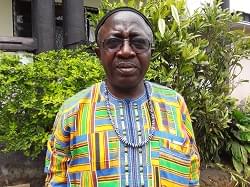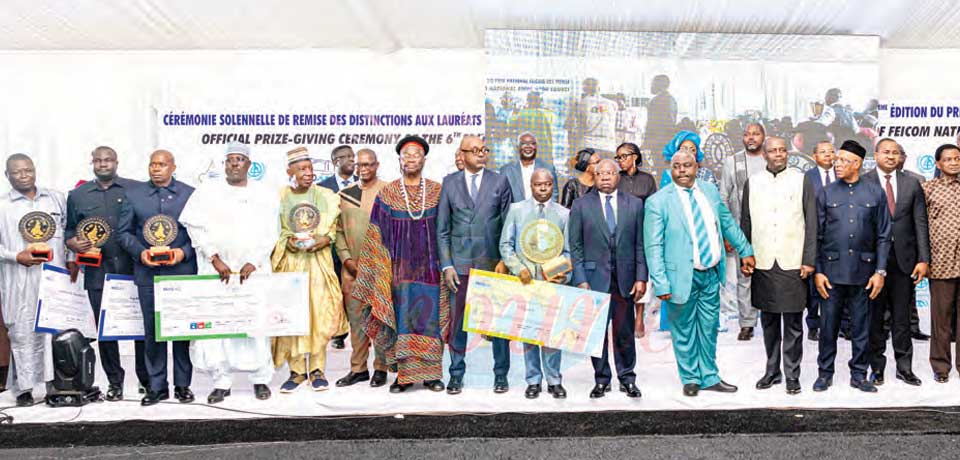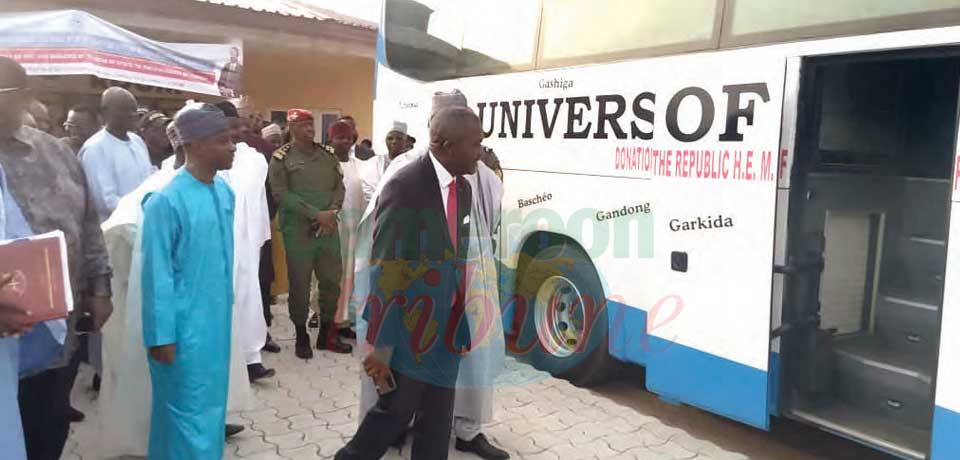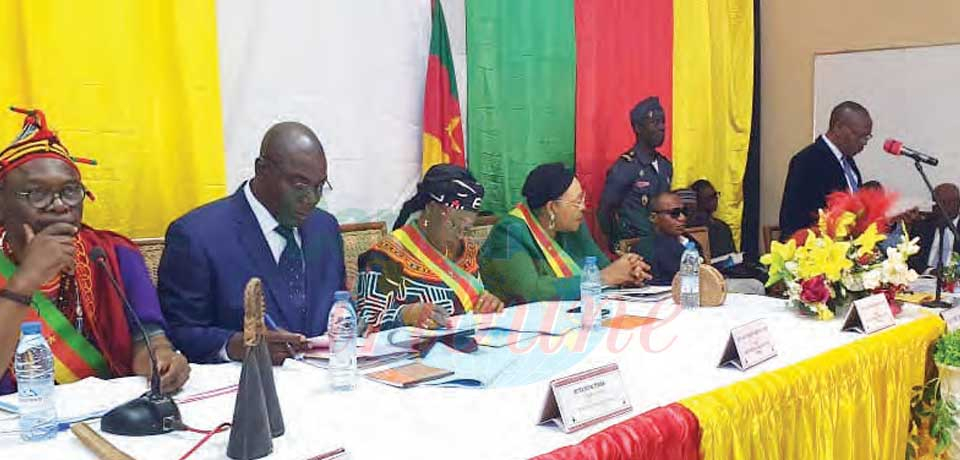"State Must Manage The Diversity From Perspective Of Recognition"
- Par Emmanuel
- 17 May 2019 12:07
- 0 Likes

Professor Yenshu Emmanuel, Political Sociologist, Dean of the Faculty of Social and Management Sciences, University of Buea
As a political sociologist how do you look at the Cameroonian society in terms of its diversity?
Cameroon is extremely diverse and complex both horizontally and in a vertical direction. At the synchronic/horizontal level, the country is characterized by more than 250 ethno-linguistic groups – call them peoples or tribes – derived from a pre-colonial past which gives the country a huge variety of indigenous cultures. This diversity was reworked in the colonial period in a process that has been taken over by the post-colonial State of Cameroon and relabelled into administrative units that have given new identities which, even if lacking in stability, are at the basis of ethno-regional or politico-administrative identities. That is why we have labels such as Bamenda man, “Grafi”, Bamiléké, “Nordiste”, Kirdi, but also Manyu man and so on. Also identifying between themselves, the constituent peoples through the work of elites (politicians and intellectuals) also create or rework some labels - by way of what some scholars have termed the expansion of ethnic frontiers - for selfidentification. That is how the term Sawa came into use in the 1990s to refer to people from the coastal areas of the Littoral and South West regions. The term Beti has come to be used beyond its original restricted reference to people in the Centre region (Eton, Ewondo, Mvele, Manguissa) to refer to a supposed grand political including peoples such as the Bulu and Fang. Even then, some intellectuals are resorting to the term Ekang people. To these extremely diverse situation, a cross-cutting reality of the cleaved identities of Anglophone and Francophone based on colonial experiences and the option to base schooling, administration and daily linguistic usages has come to complicate the situation of diversity. That is why the diversity from this angle is complex by way of its multiple realities, perceptions, understandings and usages. From the vertical perspective, people are differentiated by levels of education, professions/occupations, positions, wealth and social standing. Both levels constitute cultural and sociological markers of diversity and difference. Both levels overlap with the end result being problematic.
How is the cultural and sociological diversity of Cameroon being used today?
At the most elementary level, the diverse identities simply serve to identify. People identify themselves by their own labels through which other people may also use to identify them. Some of the identities themselves are imposed from outside by others. This is the basis of a lot of the labels that were imposed by the colonial experience which make no sense today but which have become normal even to the extent that the people themselves accept and put value into them. The negative usages derived from negative stereotypes some of which abound in situations of conflict, unhealthy competition and mutual mistrust. This is true of Cameroon today in the Anglophone- Francophone divide, the Bamiléké relations with the Beti and Sawa, North West-South West divide, Fulbenon- Fulbe relations in the North and many more at ethno-regional and the micro-level (some leading to inter- tribal wars).
From the sociological point of view, how best can public authorities exploit the diversity to foster development and emergence of the country?
First, the state has to do a lot to recognize the identities and ensure equity in its management of State affairs, that is, equal access to the same resources (services, positions, justice, entitlements). Recognition is the very soul of the politics of multiculturalism. This affirmation runs contrary to a recent proposal that the labels Anglophone and Francophone should be left out of official vocabulary or be prohibited from public usage. The idea of some intellectuals clamouring for the obliteration of Anglophones and Francophone labels are both unworkable and counter-productive. They can be recognized but depoliticized, that is, emptied of any political connotations. One way of doing so is penalizing discrimination on grounds of one’s belonging. This has worked elsewhere ...
Cet article complet est réservé aux abonnés
Déjà abonné ? Identifiez-vous >
Accédez en illimité à Cameroon Tribune Digital à partir de 26250 FCFA
Je M'abonne1 minute suffit pour vous abonner à Cameroon Tribune Digital !
- Votre numéro spécial cameroon-tribune en version numérique
- Des encarts
- Des appels d'offres exclusives
- D'avant-première (accès 24h avant la publication)
- Des éditions consultables sur tous supports (smartphone, tablettes, PC)














Commentaires